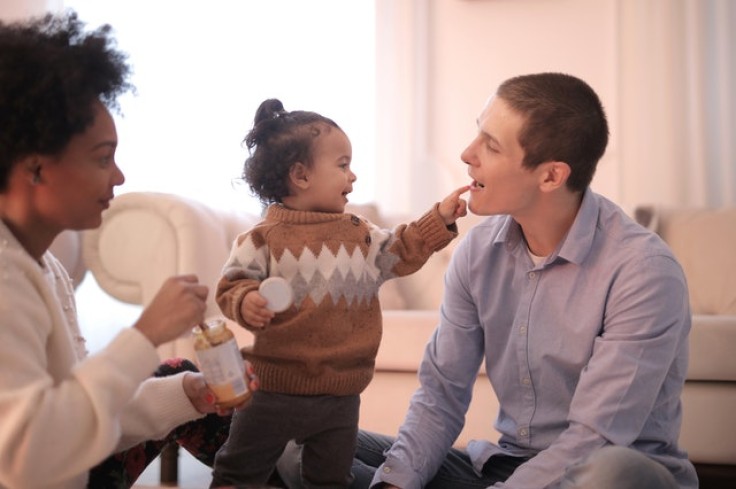
Children's curiosity can sometimes bring parents into the hot seat. Questions about race and privilege can be a few of those questions that cause mothers and fathers also to ask themselves if they can answer these. These are topics that parents sometimes take for granted.
According to an article from HuffPost, issues of racism should be addressed early. A psychology professor from the University of Texas, Austin, Rebecca Bigler, says that there are instances when some people think not talking about race can raise children who embrace diversity. However, it is the other way around. Bigler says that racially biased children are usually from families whose parents do not talk about race.
READ ALSO: 6 Scientifically-Proven Tips In Raising Happy and Successful Children
Age-Appropriate Ways of Talking about Race and Privilege
HuffPost suggests age-appropriate ways of talking about racism.
According to the article, as early as three months old, babies recognize skin color differences. Studies suggest that as babies put together their ideas, white people should be seen by children giving their trust and care to people who have different races than their own.
Creating a home with infant diversity can also be a way to address race and privilege at an early age.
Children ages three to four tend to start commenting on hair, skin color, and other race-related stuff. Parents should not shrug this off. According to Bigler, what should be done is normalize talking about race. When children start to notice racial differences, this should be the cue to talk about this topic.
When kids reach the age of five to eleven, they are more exposed to the media. That is why parents should be more vigilant about how kids comment or behave. If children are becoming biased, moms and dads should continue working on having conversations that address these matters, until it becomes normal.
READ ALSO: Age-Appropriate Ways of Explaining Sex to Kids
Other Tips On How To Talk To Children About Race And Privilege
Aside from considering the age of children, Parent Toolkit shares other ways on how to raise awareness of children regarding sensitive topics like race and privilege.
Just like the suggestions from Bigler in the article from HuffPost, the power of actually talking about race is also emphasized in the report from Parent Toolkit. It only goes to show that discussing matters that seemed like a taboo before can make a lot of difference.
Another suggestion is to be good examples or role models for their children. It is by becoming true to one's words that could help everyone overcome stereotypes.
According to Michele Chang, Director of Facilitation and Curriculum for Challenging Racism, children's curiosity is filled by their parents. That only shows that the response children receive can affect their awareness of race and privilege. So when a child asks why another person who belongs to a different race than him or her, looks that way, parents should not dismiss the thought. Because from there, the kids would start thinking that something is wrong about that person.
READ ALSO: How To Raise Helpful and Generous Kids